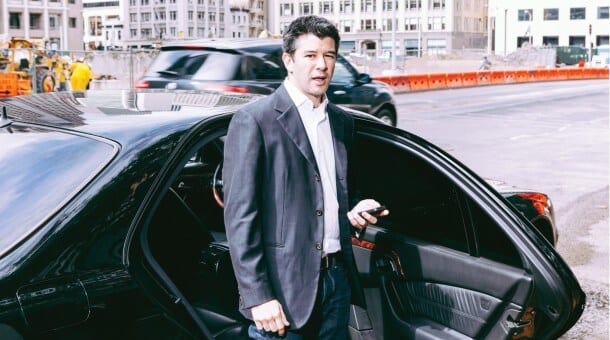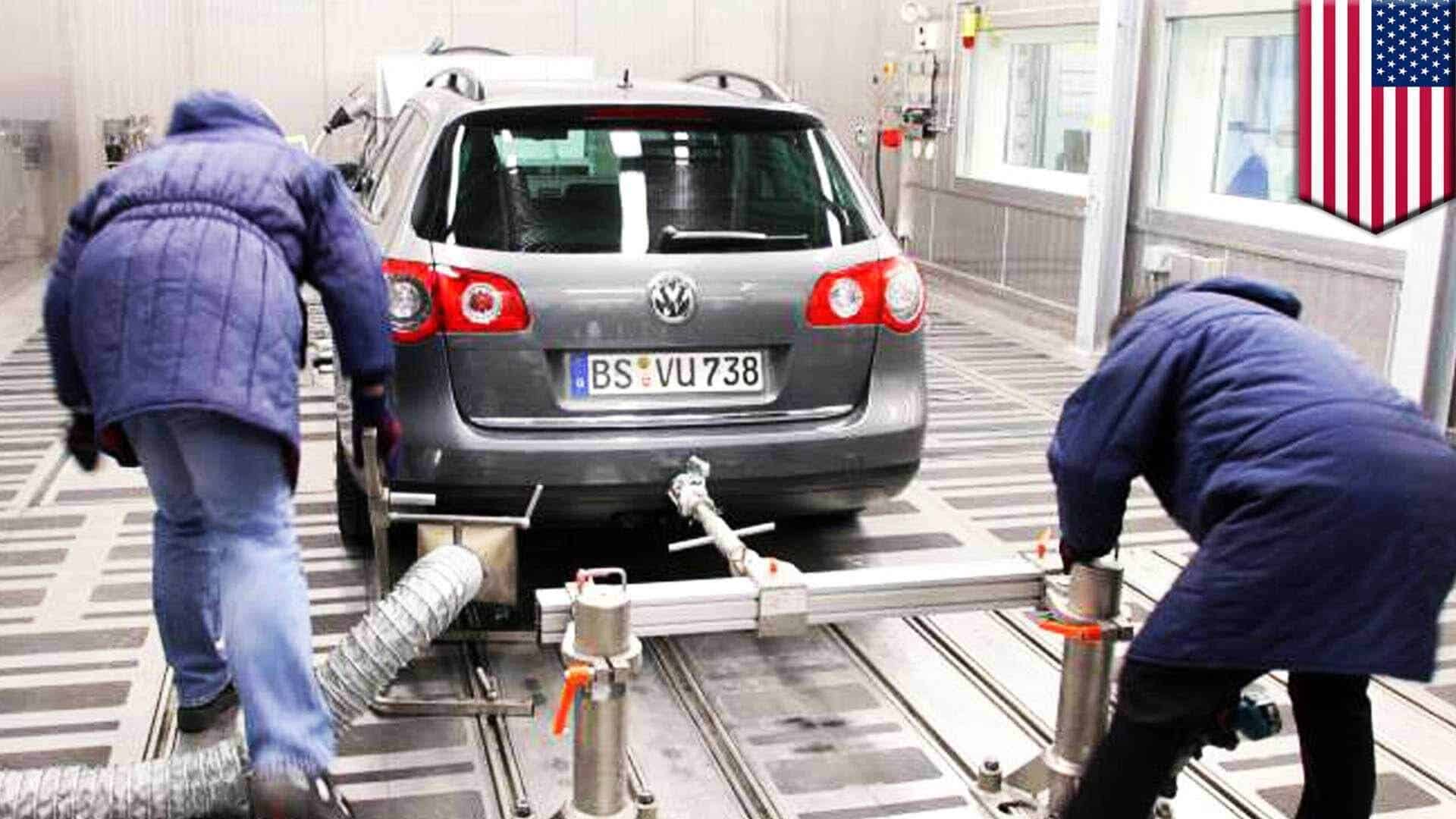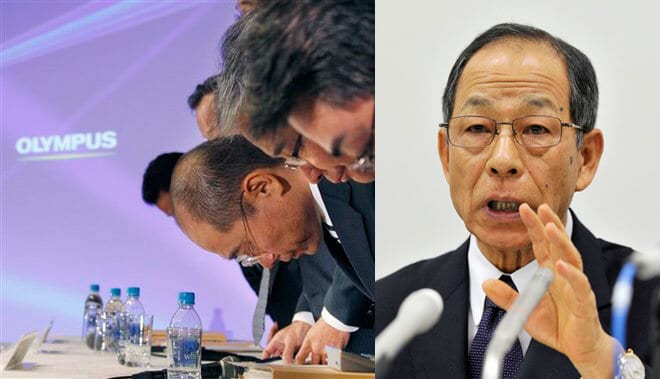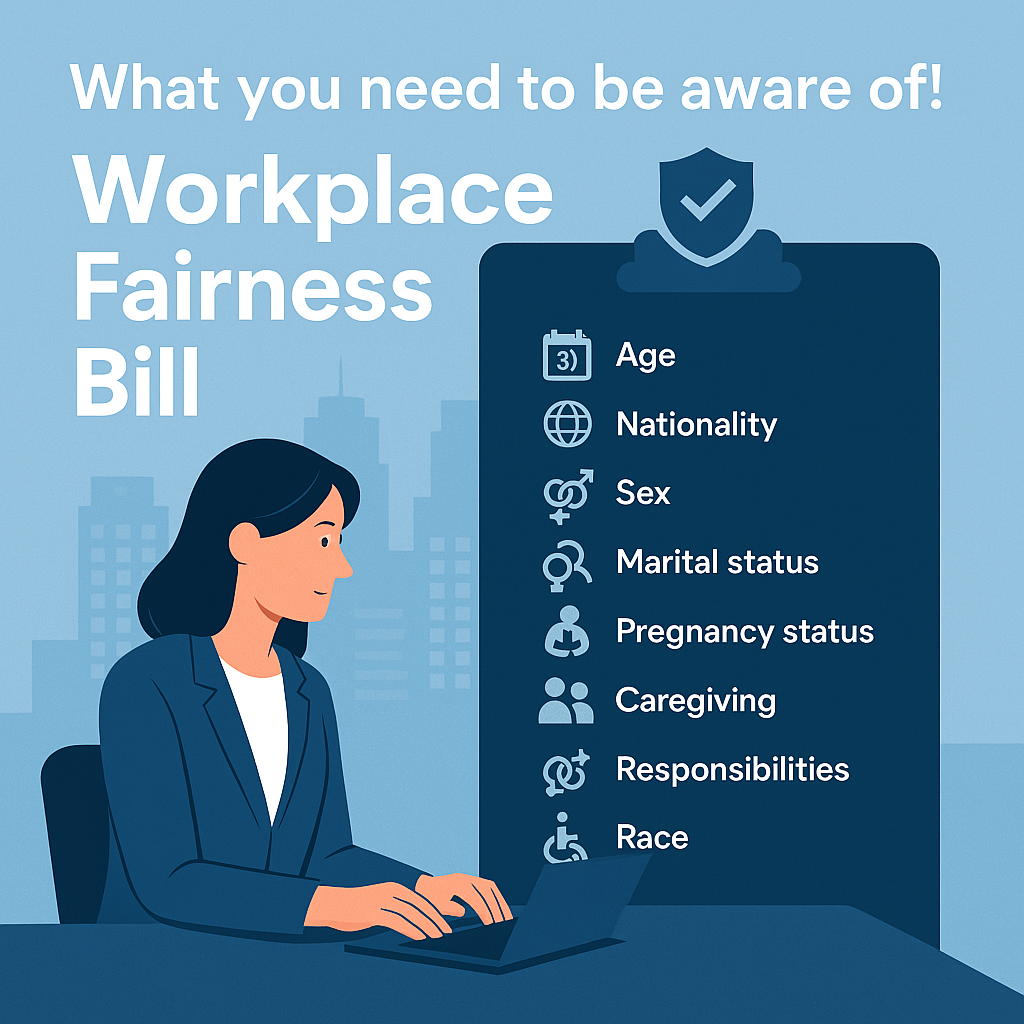Stories of corporate culture gone off the rails have become a regular feature in the headlines.
From rampant sexism and bullying, falsifying of critical safety records, to underhand tactics against competitors and outright fraud, breakdowns in standards of governance inevitably lead to demands for strong action to be taken.
But while companies, governments and regulators may feel tempted to take decisive action(s) to appease public anger, what are the most effective ways to bring corporate culture back on track?
1. A NEW BROOM IS NOT ALWAYS THE ANSWER
When the rot sets in, it is tempting to demand change at the top.

Ex-CEO of SMRT Desmond Kuek
In Singapore last year, a series of incidents at metro rail operator SMRT led to growing criticism in the press, an outpouring of anger on social media and hearings in the national parliament. Responding to the criticism, SMRT’s then CEO said the firm was “awash in collective shame” as calls mounted for senior heads to roll.
Yet in many instances, a witch hunt may actually prove counterproductive – a symbolic sacrifice rather than a substantive step to address the critical problems that the company faces. Put another way – is it wise to eject the pilot when we need to fix a plane in mid-flight?
It is difficult to attribute blame to an entire system and culture of an organisation that has been pre-established for a long period of time, but it is easy to identify one person to all the blame.
Instead of demanding a “fall guy” to take the blame, it may be wiser for the leader to “fall in” – after all, they know best how the company works and how to address its challenges.

Former Uber Boss Travis Kalanick stepped down in 2017 over multiple allegations of issues at the company.
Of course in some cases change at the top is the only option. Last year the CEO and founder of Uber, Travis Kalanick, was forced to stand down after a series of scandals hit the company. His replacement, Dara Khosrowshahi, has vowed to reboot the firm by introducing a new set of cultural values to the global ride-sharing firm.
Writing in a blog post on LinkedIn he said that “the culture and approach that got Uber where it is today is not what will get us to the next level”. Yet Uber is likely an exception. It has yet to show that the firm has truly changed in its ways.
A closer look at recent corporate history – companies such as Apple, HP, Yahoo and Starbucks – reveals many incidences where a new CEO does not automatically sweep the company clean. In some cases – Apple, for example – the original CEO had to be called back to tackle problems the successor could not fix.
2. BE TRANSPARENT ABOUT THE PROBLEM
After major corporate calamities, it is often the demonstration of commitment towards overturning the entire corporate governance and accounting structure. That matters more than what the company does with the CEO. Focusing on transparency and advocating the facts often will be the real determinant of success.
Siemens
- The German multinational company Siemens has seen a series of corruption cases dating back more than a century. In 1914, for example, it was involved in a spectacular case of bribery in a deal with the Imperial Japanese Navy.
- More recently, in 2005, Siemens officials were exposed surreptitiously paying off Greek government officials during the 2004 Summer Olympics.
- The final straw came in 2008 when investigations by the German and US governments, among others, led to fines totaling some 2.5 billion euros (US$2.9 billion).
- Jolted into action, Siemens culture recovery was impressive. Strict anti-corruption rules and processes were rapidly rolled out and the number of compliance staff was ramped up from just 86 to 500.
- In addition, Siemens took on a former Interpol official to head its investigation unit and a co-founder of watchdog Transparency International to serve as an advisor.

The Volkswagen scandal involved the company artificially altering emission figures to trick the software the EU used to test for carbon emissions in vehicles.
Volkswagen
- Contrast that with the response of German car giant Volkswagen in the diesel emission scandal of 2015. When it was first revealed that emission tests might have been tampered with, Volkswagen first went into denial, insisting discrepancies were mere technical glitches.
- It was only in the face of indisputable data that executives acknowledged there had been deliberate deception.
- In the following months, more revelations surfaced, panic recalls were instituted worldwide and the company’s value and reputation plunged. Volkswagen did not try to arrest the problem by being more candid in its disclosures.
The common thing that happened at Siemens and Volkswagen was a CEO change after the debacles. But the results were vastly different. It probably goes beyond just the CEO factor but points more to the systemic adoption of transparency across all levels and functions of the organisation.
3. STAY FOCUSED ON GOOD GOVERNANCE
The bottom line in any effort to change corporate culture after a crisis is to be resolute in implementing solid governance practices.

2013 – Former Olympus Executive Vice Chairman was jailed for 2.5 years when found that $687 Million of a $2.2 Billion deal was channeled into a third man in the transaction.
Olympus
- Japanese optics and instrument manufacturer Olympus became the poster boy of bad governance in 2011 when a US$1.7 billion fraud was discovered by its newly appointed CEO, Michael Woodford.
- The revelations took Olympus to the brink of collapse, wiping 82 per cent off its share value within a month and leading some observers to dub the firm “the Enron of Japan”.
- Yet Olympus managed a miraculous turnaround, implementing strong governance measures that reshaped a highly conservative Japanese corporate culture. These include having outside members who form the majority of the board as well as genuinely independent external auditors.
- As a result Olympus today is thriving once again.
- Olympus’ business strategy had been totally overwhelmed by its bad culture. As management guru Peter Drucker famously quipped: “Culture eats strategy for breakfast.”
Lawrence Loh is director of Centre for Governance, Institutions and Organisations at NUS Business School, National University of Singapore. He is also deputy head and associate professor of Strategy and Policy at the school.
Originally Reported on Channel News Asia on 31 Aug 2018
https://www.channelnewsasia.com/news/commentary/new-ceo-smrt-corporate-culture-good-governance-10636486
Related Posts
🎅🎄 Merry Christmas! 🎄🎅
Wishing you all the joy, peace, and love this festive season brings. ✨ #Christmas #paulwanco…
✨ Happy Deepavali! ✨
Wishing you and your loved ones a joyous and prosperous festival of lights! May this…
Paul Wan & Co Group Bonding Event Da Nang 2024
Paul Wan & Co group celebrated our 38th anniversary with a big bang retreat in…
🌕✨ Happy Mid-Autumn Festival ! 🎑🐇
As the full moon shines bright, we send our warmest wishes to our valued clients,…












